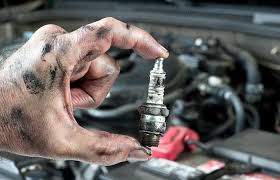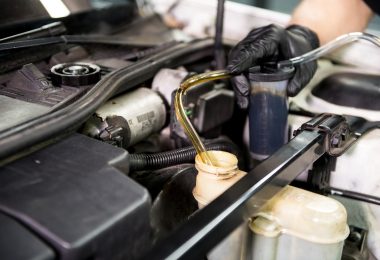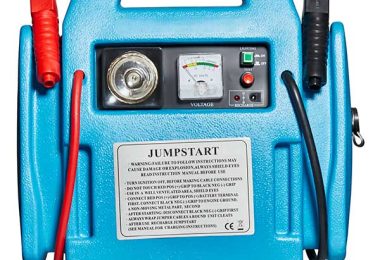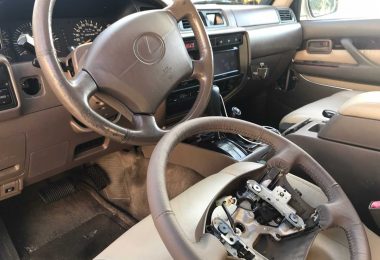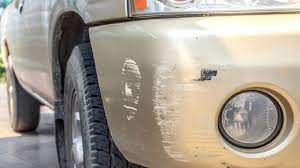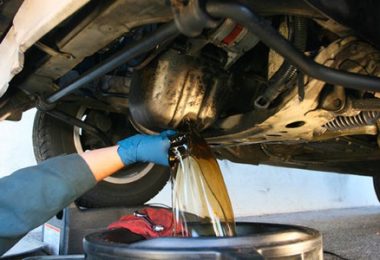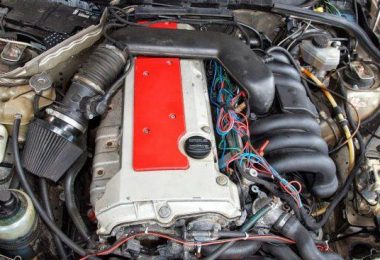Your engine may be making sounds that you’re not expecting. How can you fix such engine that sounds loud when accelerating! The loudness when accelerating can have a number of causes, but it’s important to identify what is causing this so you can take care of it right away. This way you can avoid major engine problems and keep your car running smoothly for years to come.
The engine noise gets louder when the car is accelerating.
When an engine makes a loud noise, the sound is often a symptom of a problem. Engine noise can indicate that there’s something wrong with your car’s exhaust system, or it could be caused by another issue within the engine itself. Some types of noises are more serious than others, so be sure to consult with a mechanic when you notice any new sounds coming from your vehicle’s engine.
There are a number of reasons why this might happen.
- One is that the exhaust system is loose. The exhaust system is made up of tubes, pipes and mufflers. If the pipes or muffler are weak or damaged, they can rattle or make noise while you are accelerating your vehicle.
- Another reason could be an oil change that was not done properly when it was most recently changed. A loose oil filter can also cause engine sounds loud when accelerating as well as leaks in various parts of your engine that may have been left unfixed during an oil change procedure by a mechanic who did not perform it correctly in the first place
Check your exhaust system.
It is also important to check that your exhaust system is not damaged. Check for cracks, holes or leaks in the piping. Exhaust systems are made up of many small parts which can get damaged if they are not properly installed or maintained. The muffler may be loose, which makes a rattling sound when you accelerate quickly. This can be fixed by tightening the bolts on your muffler with an adjustable wrench.
Check the exhaust pipe junction where it meets the engine and look for rust or corrosion there too; these types of problems will make it difficult for gases to escape through this area when accelerating hard and could cause you some serious issues down the road!
Your car may be making usual sounds because you’re overdue for an oil change.
Oil changes are an important part of car maintenance. The interval between oil changes varies by car, so you should consult your owner’s manual for details. The reason for oil changes is simple: they help the engine last longer and run more smoothly. They also help reduce the noise that can happen when oil gets old and dirty.
Oil changes are also important for air filter maintenance, fuel filter maintenance, and changing spark plugs to keep your engine running well.
The loudness when accelerating might indicate compression failure.
If your car engine sounds loud when accelerating, it may be an indication that its compression is low. A compression test can determine if compression is low. Compression testing is performed by checking the compression of each cylinder and measuring how much pressure is required to push the piston back down. The measurement in pounds per square inch (PSI) gives you an idea of how much power or force you have available from your engine at any given time based on its current condition.
When a car’s engine has been allowed to sit idle for long periods without being run, it can begin to accumulate moisture inside of its cylinders due to condensation from humidity present in air around us all day every day (or whatever). This causes fuel mixture within these cylinders over time which can lead eventually result in reduced performance as well as decreased efficiency — not good! So make sure not let this happen by keeping an eye out for signs like poor acceleration performance while driving too fast downhill; sudden loss power while accelerating up hills; unusual noises coming from under hood area where air filter resides; overheating problem after performing above mentioned tasks…etcetera ad infinitum ad nauseam!
There may be a problem with your ignition system.
The most common cause of loud engine sounds when accelerating is a problem with your ignition system. There are several things to check for, including:
- Spark plugs
- Spark plug wires
- Ignition coil pack/module(s) (or individual coils)
- Ignition control module(s) (ICM)
The loudness upon acceleration can also have to do with the strut mount bearing.
The loudness upon acceleration can also have to do with the strut mount bearing. The strut mount bearing is a bearing that connects the strut to the chassis. When this bearing wears out, it can cause noises when accelerating and braking because of vibrations at these speeds. This can be tested by listening for any unusual sounds coming from the suspension or steering column while driving at high speeds or turning corners sharply. If you hear something unusual, it’s time for some maintenance!
If you do find that your strut mount bearings are worn out, they can easily be replaced by an experienced mechanic like yourself!
Bad piston rings, pistons and valves can be another cause of loudness upon acceleration.
Piston rings are the rubber or metal rings that seal the piston in the cylinder. Piston rings are designed to prevent oil from leaking out of the cylinder and into the combustion chamber where it could cause uneven burning. They also keep oil from entering into a combustion chamber, which would cool down the engine and reduce power output.
A worn piston ring can allow for excess oil leakage past it, causing an engine sound under load (when accelerating) when compared with an engine running at idle speeds. When this occurs there is excessive oil passing by the piston ring; this causes extra friction between parts of a car’s cylinders that weren’t designed to run while lubricated by fluids such as petroleum oils like gasoline or diesel fuels containing mineral spirits including diesel fuel additives such as biodiesel blends containing high levels of glycerin content (if you’re curious). Read Also : Symptoms of Bad Spark Plug
A bad crankshaft position sensor, sometimes referred to as a camshaft position sensor, can also cause noise when accelerating.
The crankshaft position sensor and the camshaft position sensor are both part of your ignition system. The crankshaft position sensor detects when the piston reaches top dead center (TDC) and is attached to a wheel that turns in relation to each rotation of the crankshaft. The camshaft position sensor is located on or near the intake valves. It monitors when they begin opening and closing to control valve timing, which affects how much air gets into your engine from its cylinders.
Both sensors can fail without an obvious cause, causing noise when accelerating. If you’re hearing noises like this coming from your vehicle’s engine, it may be time for a checkup by a mechanic familiar with these issues so as not to cause further damage or make matters worse by ignoring them!
Another reason your engine may be making unexpected sound is because you have low engine coolant levels.
If your engine is making unexpected sounds, it’s possible that the problem lies in one of these areas:
- Low coolant levels can lead to overheating, which can cause your vehicle’s engine to overheat. This will cause the head gasket to fail and make loud noises when accelerating. To fix this issue, add more fluid and replace the thermostat if needed.
- A leaky radiator could also be making strange noises when you accelerate because air bubbles are being pulled into the cooling system by pressure changes during acceleration and deceleration. You should check for leaks as soon as possible after noticing a high-pitched squeal when accelerating or decelerating that lasts longer than a few seconds at each speed change (they will be most noticeable between 10 miles per hour and 20 miles per hour). If there is an issue with leaking hoses or seals it could also cause loud humming noises from under the hood while driving at high speeds on highways or freeways where there aren’t many stops.”
The best way to avoid engine problems is to keep up with maintenance on your car
The best way to avoid engine sounds loud when accelerating is to keep up with maintenance on your car. If you don’t do it, the problem will only get worse, and it will cost more money in the long run. You may also have to replace your engine sooner than expected.
Maintaining your vehicle means having regular oil changes and other routine procedures performed by professionals. This can help keep small issues from becoming larger ones that could lead to major problems down the road. Read Also : Dexron 3 Transmission Fluid
Conclusion
If you find that your engine is making a loud sound when accelerating, there are a few things you can check to help reduce the noise. First, make sure that the rattle isn’t coming from something outside of the hood like loose parts or debris. Next, check inside the engine for any worn out parts such as belts and hoses that may be contributing to this problem. Finally, replace any worn out spark plugs if necessary so they don’t continue damaging other components within your vehicle’s engine as well as increasing fuel consumption due to less efficient operation of cylinders firing properly at times when driving normally without problems occurring during normal driving conditions between cities but now having them happen again after going through other areas where no problems were detected beforehand. If you’re experiencing this problem, it’s important to check and make sure that everything is working correctly. The engine noise might be caused by one of the many different components that make up the car.

